Are beavers bad for the environment?
Farming and fisheries industries voice concern about reintroduction of wild species
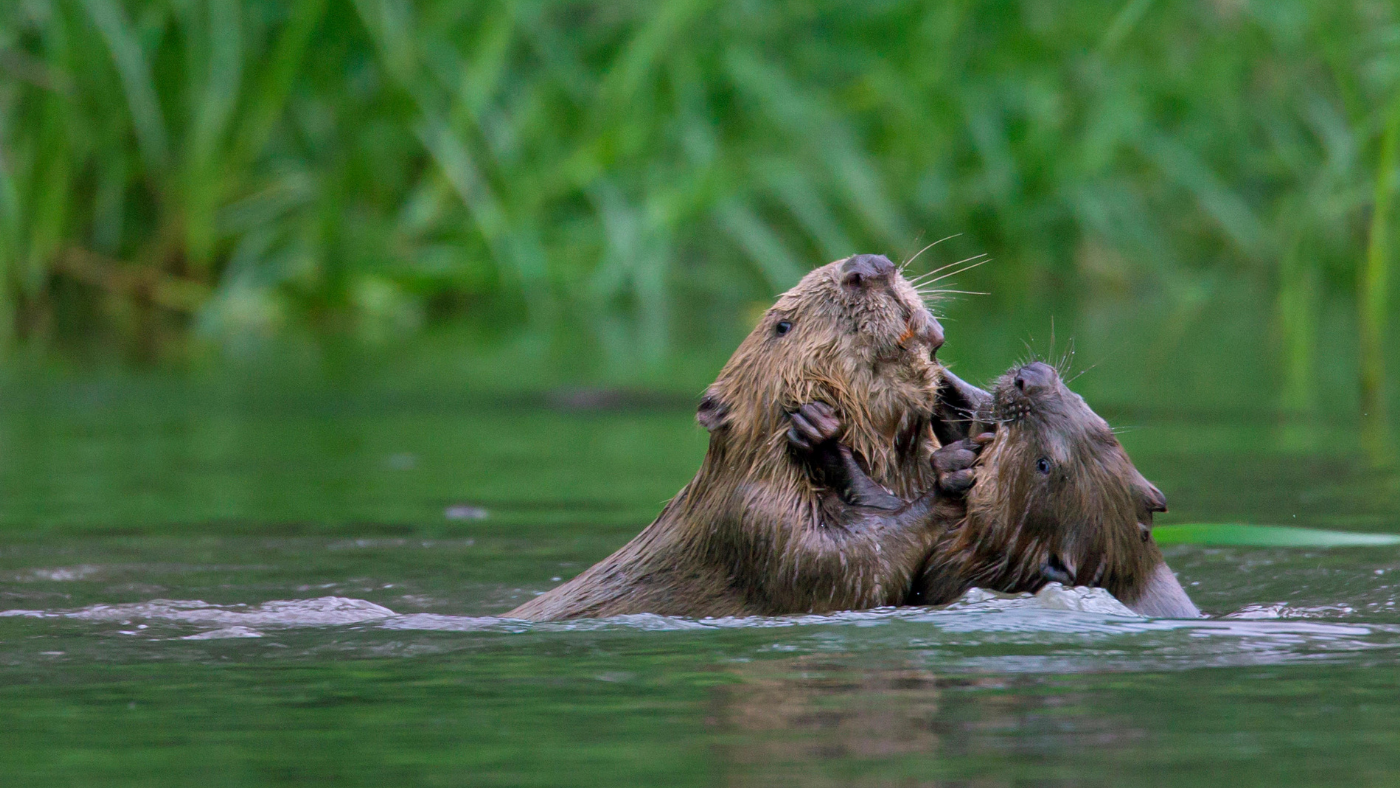
A free daily email with the biggest news stories of the day – and the best features from TheWeek.com
You are now subscribed
Your newsletter sign-up was successful
Environmentalists may be pleased that beaver populations are on the rise, but some farmers and land owners have voiced concerns about the impact the animals have on natural landscapes.
Beavers “were once widespread in the UK but were hunted to extinction by the 16th century” in England and Wales, said The Guardian. But within the past decade, Eurasian beavers have been “slowly returning to Britain”, said the Natural History Museum (NHM).
Since a group of up to 200 wild beavers was spotted on the River Tay in Scotland in 2001, the country has set about reintroducing the species, which is now recognised as native to the country, and has been afforded European Protected Species status.
The Week
Escape your echo chamber. Get the facts behind the news, plus analysis from multiple perspectives.

Sign up for The Week's Free Newsletters
From our morning news briefing to a weekly Good News Newsletter, get the best of The Week delivered directly to your inbox.
From our morning news briefing to a weekly Good News Newsletter, get the best of The Week delivered directly to your inbox.
It was believed wild beavers had died out for good in England, but in 2013 a family of three was seen in the River Otter in Devon. The government’s plan at the time to capture and re-home the family in a zoo or wildlife park “was met with passionate resistance from local residents and campaign groups”, said the NHM.
Instead, “after being given a clean bill of health”, they were returned to the river in 2015, said the BBC.
Since then there have been several more sightings of the wild animals. Monitoring programmes have seen record numbers of beavers reintroduced in the UK, with many more to come.
“Naturally, there are some concerns” about the species’ reintroduction, the NHM continued. Generally, “environmentalists love them and land managers don’t”, said farm owner Tom Bowser in The Scotsman.
A free daily email with the biggest news stories of the day – and the best features from TheWeek.com
“Apart from humans, no other species alters its environment more,” said National Geographic. They’ve been called “‘ecosystem engineers’ for their ability to benefit other species, reduce flooding, increase water retention and reduce silting”, said The Guardian.
But while they can prevent flooding, by building dams, they can also cause it. In Scotland, Bowser said that the animals have been killed in “shocking numbers” since 2019, with farmers and estate owners able to apply for licences to cull problem animals creating floods on their land.
Bowser argued that this is down to “institutional failings”, and the government should do more to facilitate the relocation of beaver species to areas where the benefits of their presence will be better felt. Holyrood promised to do more to support the translocation of beavers last year.
And researchers are learning from other communities where beavers live harmoniously alongside humans. In Bavaria, Germany, “undesirable tree felling was solved simply by sandpainting the trunks or wrapping wire mesh around it”, and “unwanted floods were assuaged” by devices that allow some water to flow through them, said NHM.
“Simple solutions” can allow beavers and humans “to share the same space amicably”, the NHM site continued. Though they can be a “nuisance”, beavers “limit environmental disasters in a natural, sustainable and cost-effective way”.
Julia O'Driscoll is the engagement editor. She covers UK and world news, as well as writing lifestyle and travel features. She regularly appears on “The Week Unwrapped” podcast, and hosted The Week's short-form documentary podcast, “The Overview”. Julia was previously the content and social media editor at sustainability consultancy Eco-Age, where she interviewed prominent voices in sustainable fashion and climate movements. She has a master's in liberal arts from Bristol University, and spent a year studying at Charles University in Prague.
-
 The ‘ravenous’ demand for Cornish minerals
The ‘ravenous’ demand for Cornish mineralsUnder the Radar Growing need for critical minerals to power tech has intensified ‘appetite’ for lithium, which could be a ‘huge boon’ for local economy
-
 Why are election experts taking Trump’s midterm threats seriously?
Why are election experts taking Trump’s midterm threats seriously?IN THE SPOTLIGHT As the president muses about polling place deployments and a centralized electoral system aimed at one-party control, lawmakers are taking this administration at its word
-
 ‘Restaurateurs have become millionaires’
‘Restaurateurs have become millionaires’Instant Opinion Opinion, comment and editorials of the day
-
 Climate change could lead to a reptile ‘sexpocalypse’
Climate change could lead to a reptile ‘sexpocalypse’Under the radar The gender gap has hit the animal kingdom
-
 How drones detected a deadly threat to Arctic whales
How drones detected a deadly threat to Arctic whalesUnder the radar Monitoring the sea in the air
-
 ‘Jumping genes’: how polar bears are rewiring their DNA to survive the warming Arctic
‘Jumping genes’: how polar bears are rewiring their DNA to survive the warming ArcticUnder the radar The species is adapting to warmer temperatures
-
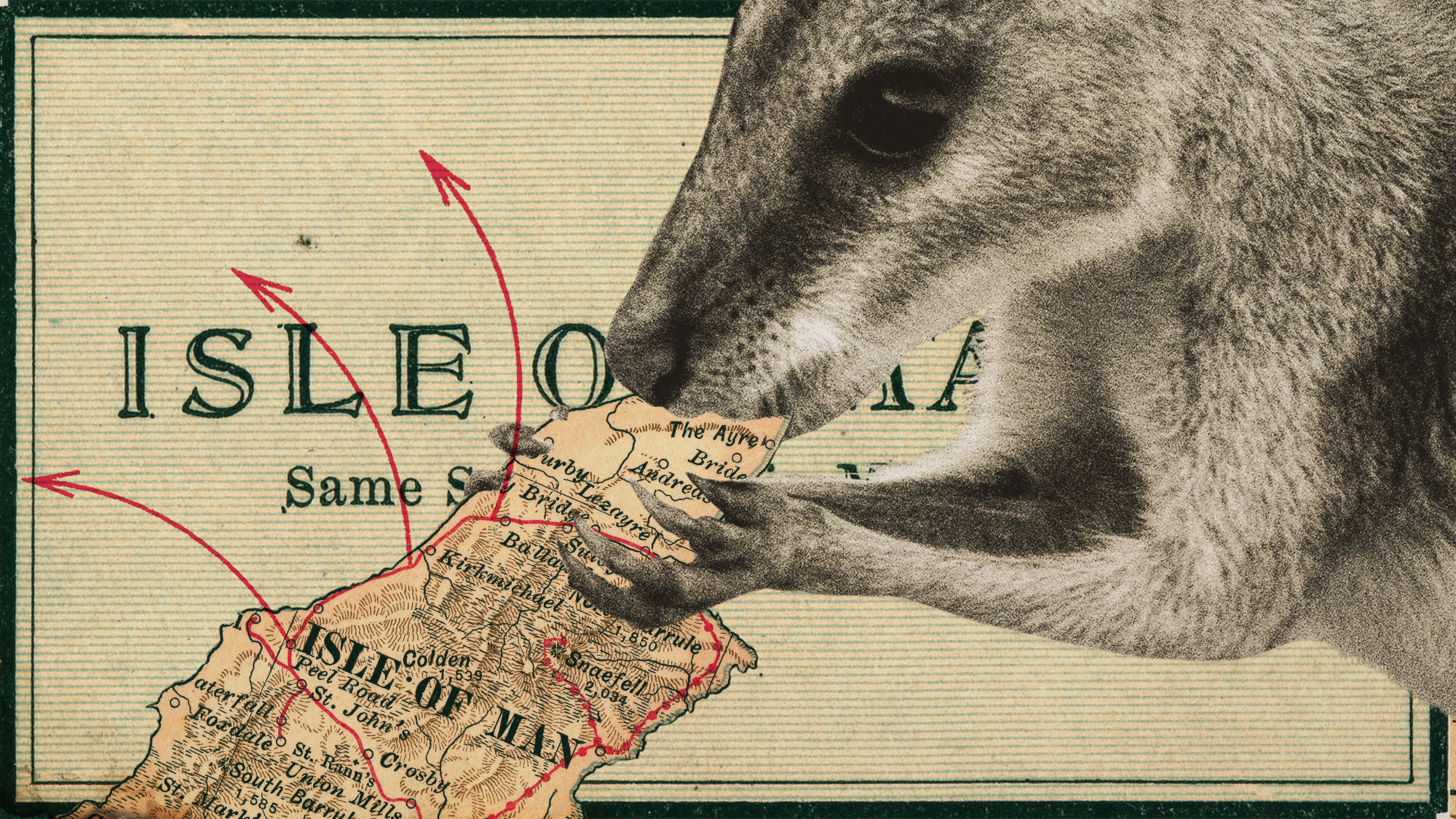 The UK’s surprising ‘wallaby boom’
The UK’s surprising ‘wallaby boom’Under the Radar The Australian marsupial has ‘colonised’ the Isle of Man and is now making regular appearances on the UK mainland
-
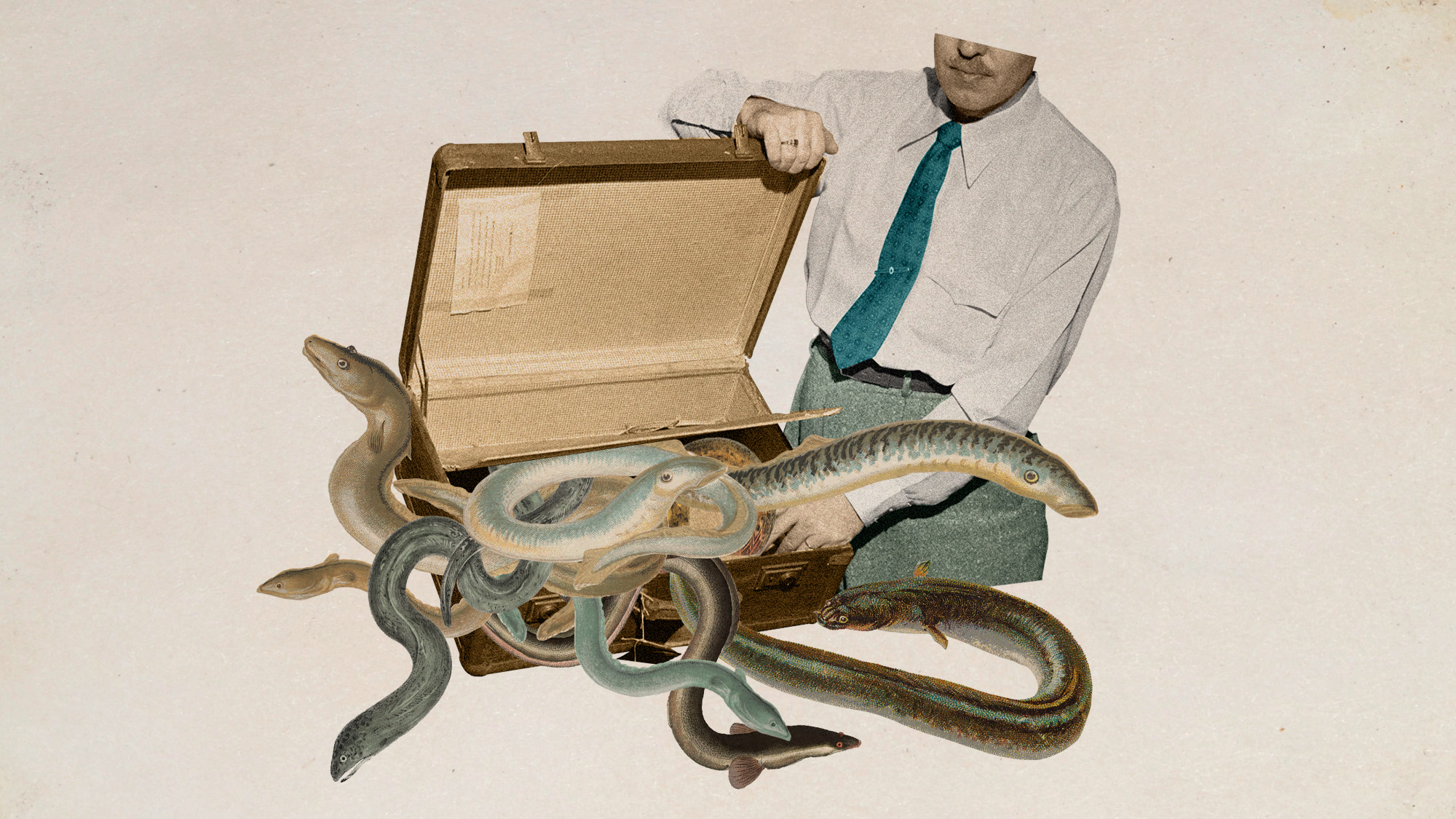 Eel-egal trade: the world’s most lucrative wildlife crime?
Eel-egal trade: the world’s most lucrative wildlife crime?Under the Radar Trafficking of juvenile ‘glass’ eels from Europe to Asia generates up to €3bn a year but the species is on the brink of extinction
-
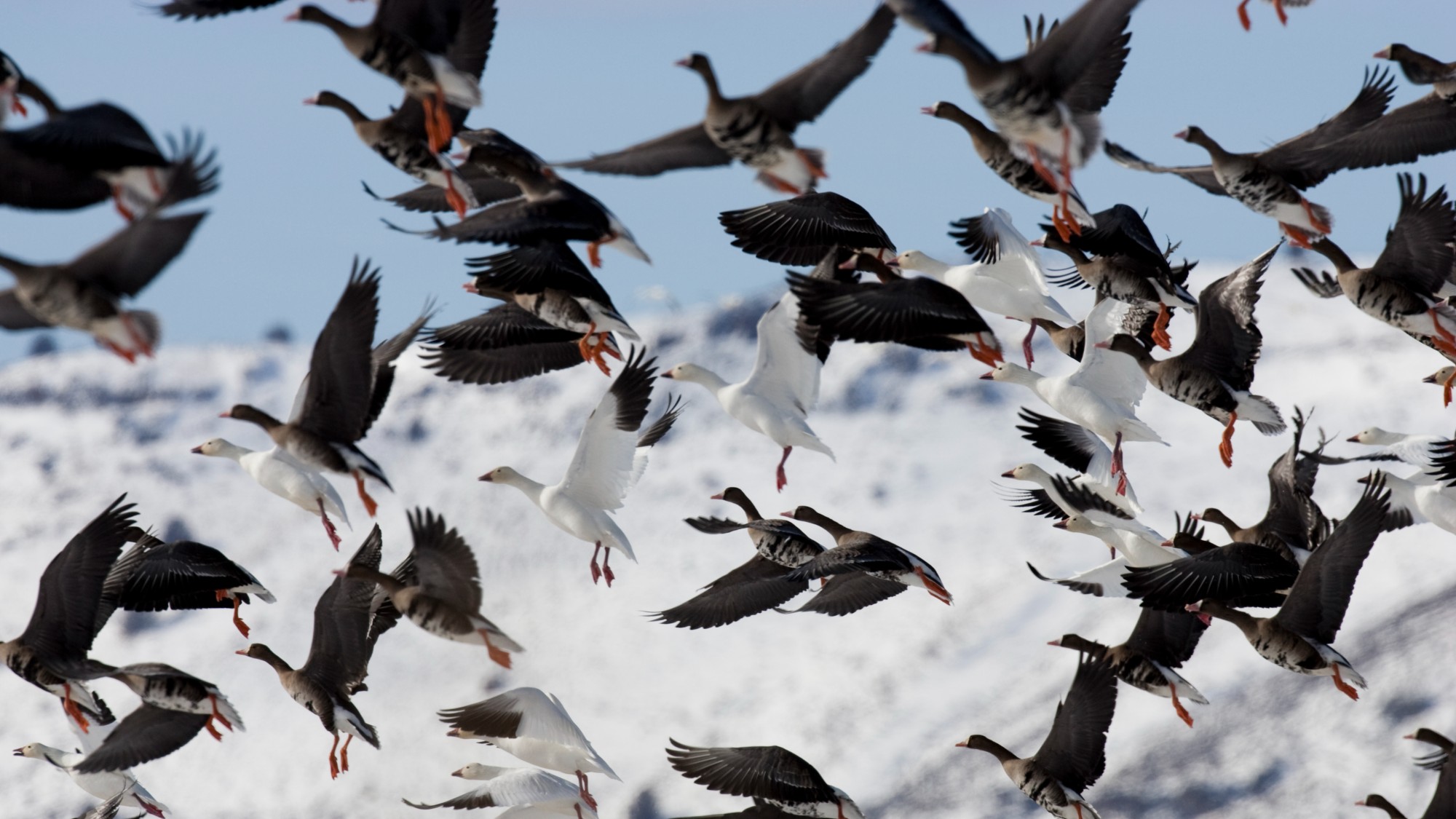 Icarus programme – the ‘internet of animals’
Icarus programme – the ‘internet of animals’The Explainer Researchers aim to monitor 100,000 animals worldwide with GPS trackers, using data to understand climate change and help predict disasters and pandemics
-
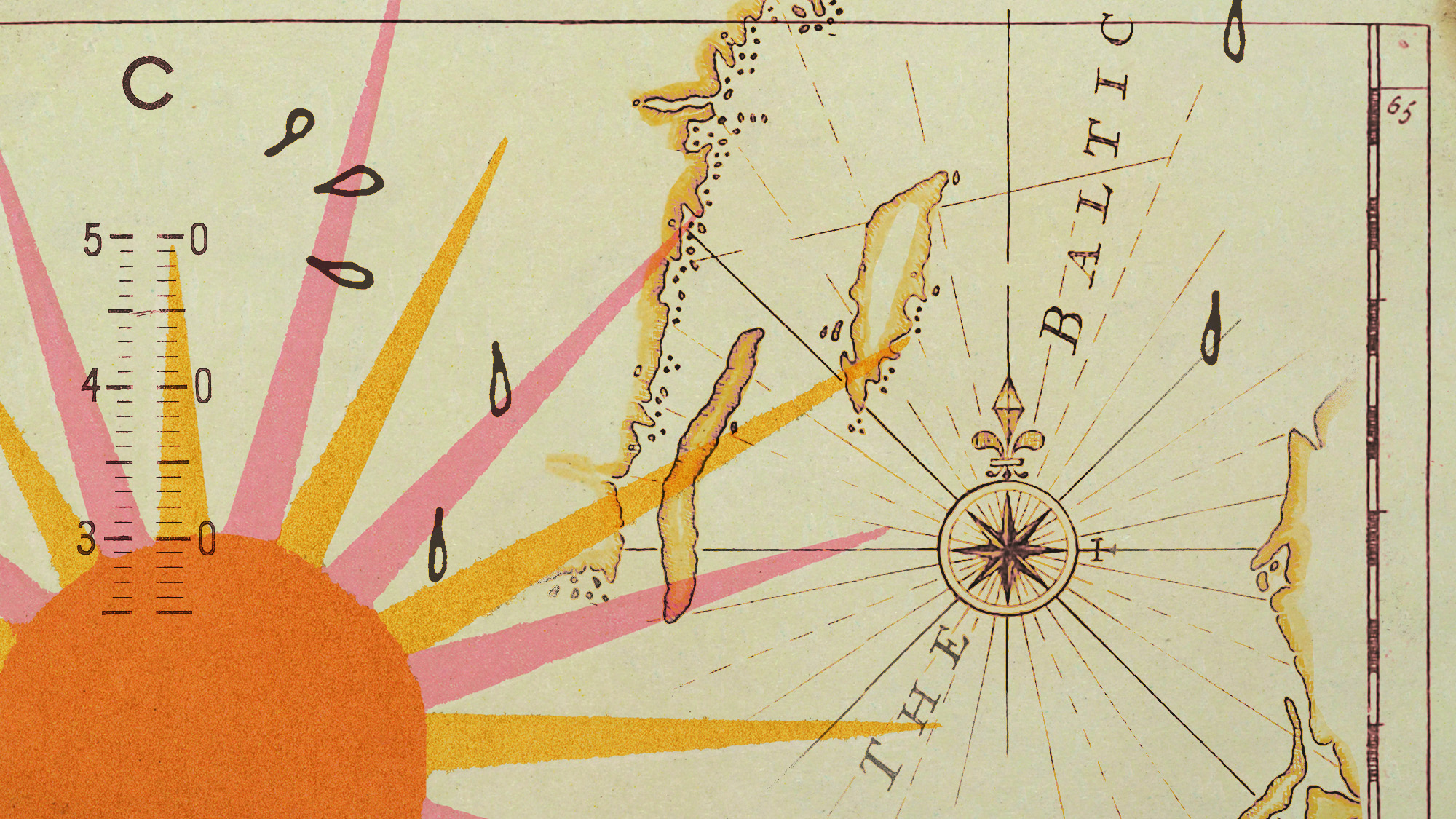 What do heatwaves mean for Scandinavia?
What do heatwaves mean for Scandinavia?Under the Radar A record-breaking run of sweltering days and tropical nights is changing the way people – and animals – live in typically cool Nordic countries
-
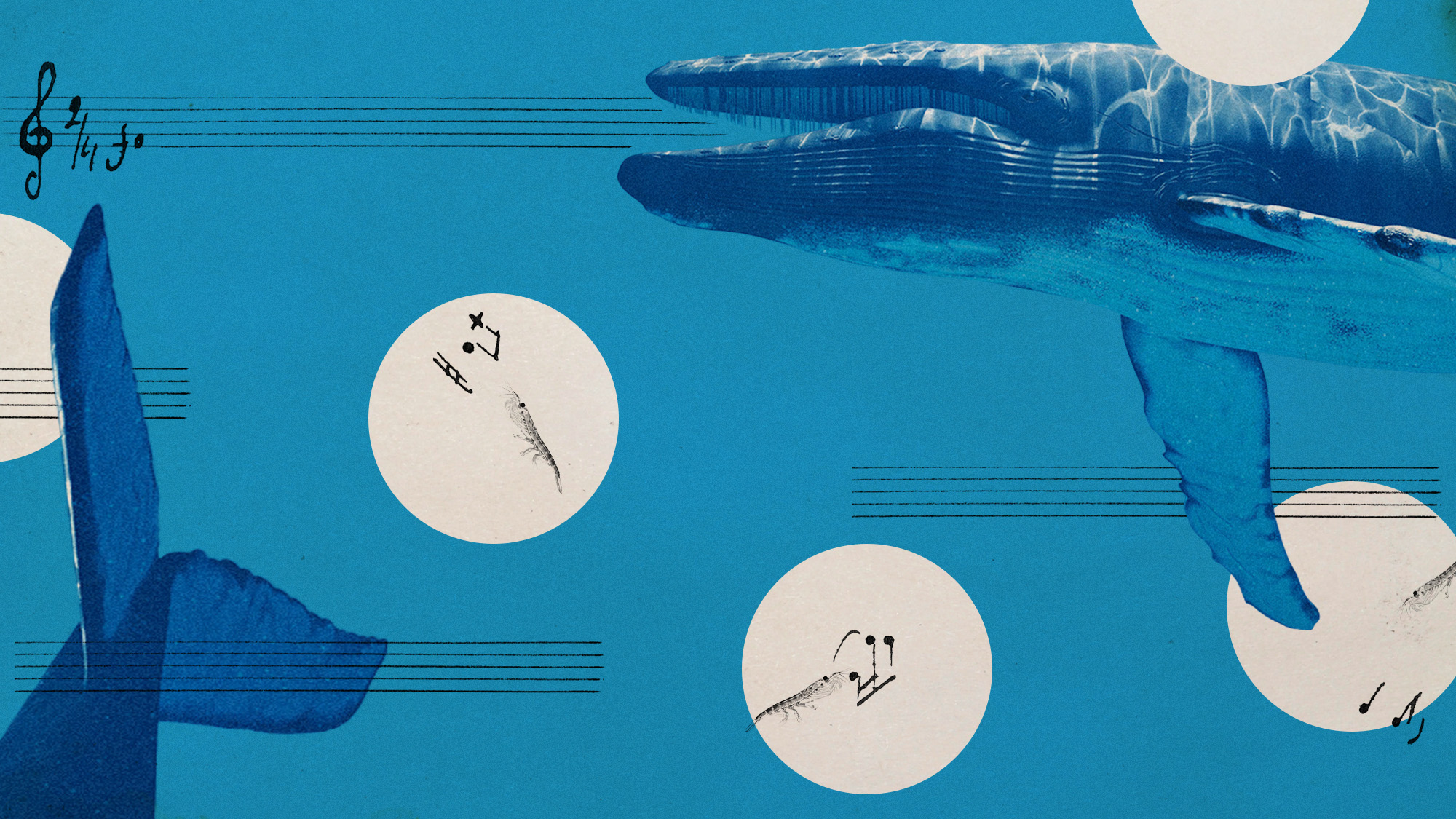 Blue whales have gone silent and it's posing troubling questions
Blue whales have gone silent and it's posing troubling questionsUnder the radar Warming oceans are the answer